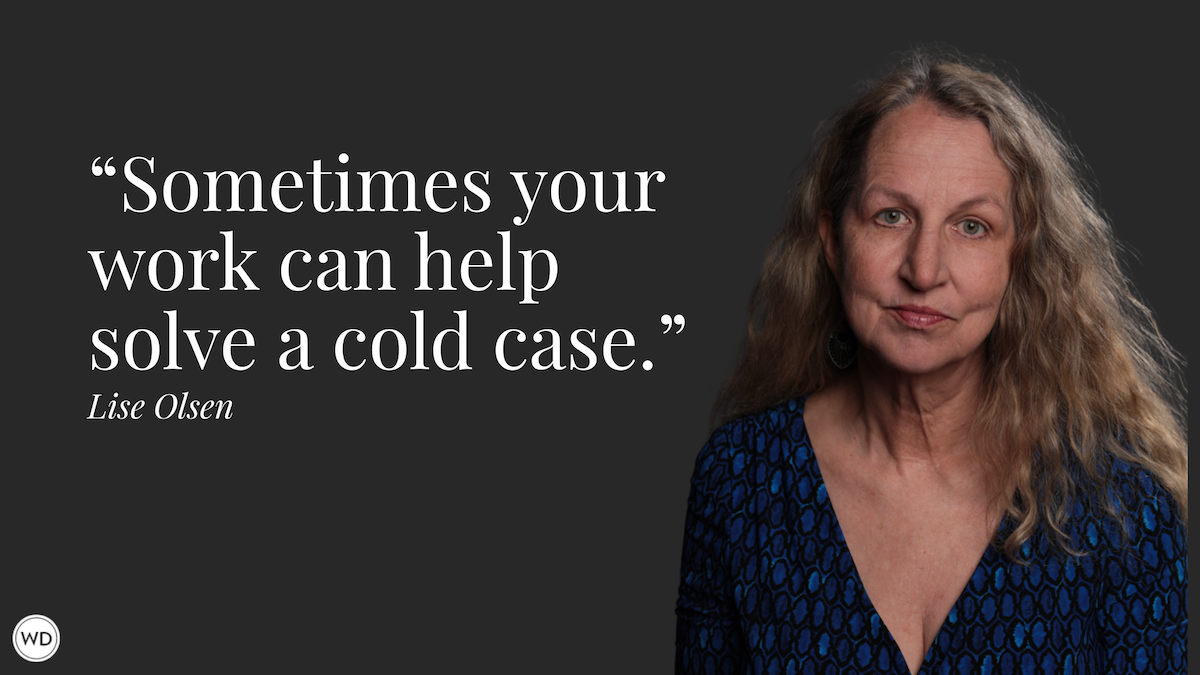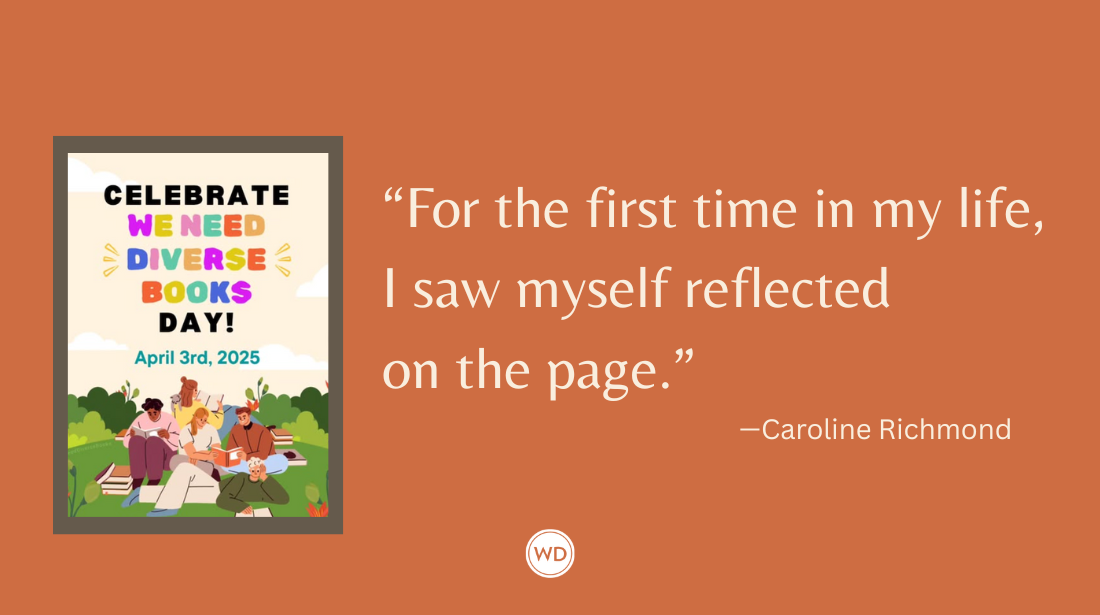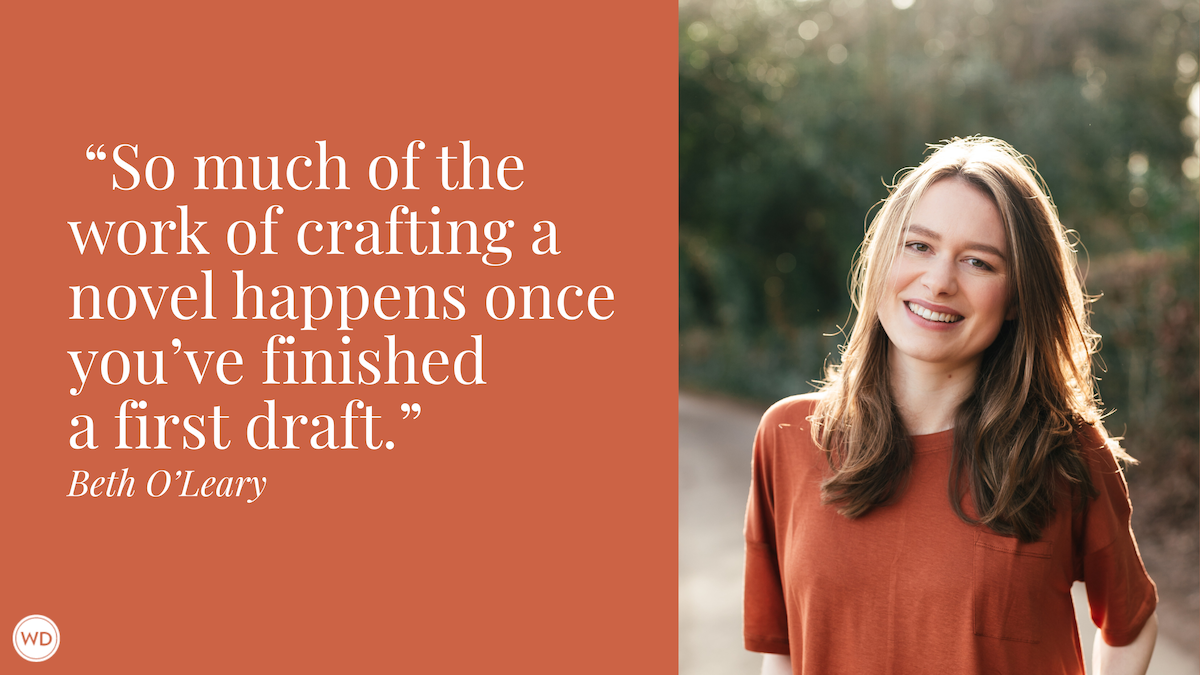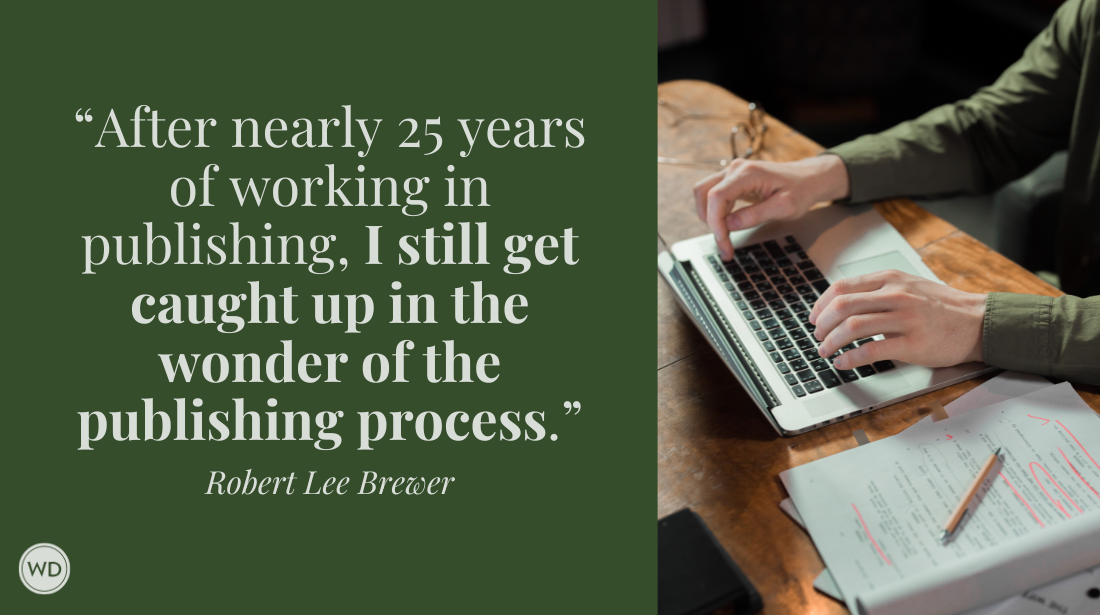A Conversation With Jaden Terrell on Writer Expectations, Part 1 (Killer Writers)
Killer Nashville founder Clay Stafford continues his series of interviews with mystery, thriller, and suspense authors. Here he has a conversation with novelist Jaden Terrell about writer expectations and success.
She loves ketchup but hates tomatoes. I’ve always found that amusing. Multiple award-winning author Jaden Terrell and I get together for lunch and conversation as time allows, but it is never often enough. We’ve known each other since before 2006. She’s one of my best friends, one of my few confidants, and my long-term collaborator on the Killer Nashville International Writer’s Conference. For nearly two decades, there has been a lot of water under that friendship bridge: Adventure, peaceful times just floating, and—as in all true friendships—the occasional whitewater.
The thing I love about writers, truly love, is their interest in the most unusual things.
Jaden tells me: “I went yesterday to the with a friend of mine that I had not seen in about eight years. He came in from Oregon and drove down from his family’s place in Illinois, so we met in the middle in Paducah.” I ask, but never really get a satisfactory answer, as to why they chose a quilt museum as their reunion spot, but this is typical Jaden—typical writer—putting herself in a new situation that is totally unexpected simply because of the experience.
“Was this for a project?” I ask again, trying to get a more definitive answer.
“No,” she says, “but I did find some things that I think I can use.”
“Like what?”
She laughs. Again, as with all good writers, the element of mystery. I drop it and move on.
The Chop House, not the chain, but a locally owned establishment, is my go-to when I want to get together with close friends. I have a booth in the back left that is unofficially mine. I know the staff. The iced tea flows freely. I can sit here for hours, and no one cares. It is not crowded today, which is good, because I’m in a bit of a blue funk. Life—COVID really—has thrown me a curve ball. Three key staff members have left American Blackguard Entertainment, my media company and the producing entity of Killer Nashville. Two left the workforce completely and one changed positions, all three because reality did not meet their expectations. It was a blow, watching them get disgusted with all the things going on around them, the disharmony of the world, the crazy weather, the disillusionment, then watching them drop. Jaden is listening and supportive, as usual. It is an analogy of writing careers that I’m also seeing start and stop. It’s a blessing these staff members left because this year I’m getting to step in on ground level, produce the writers’ conference more intimately, and—most rewardingly—I’m in direct correspondence and conversation again with the most wonderful group of people on the planet: writers. But I am also greater seeing their turmoil.
What I’ve observed from these past few months is confusion relating to expectations, not just in how people treat each other, how people have become divided, how the world seems a scarier place, how the publishing industry has changed, but also, what do each of us want out of our short lifetimes? I’m asking the same questions. As is everyone I know, I’m looking for some sort of peace. So, I ask Jaden, “We had a conversation once where you talked about expectations. Now that I’m talking directly with authors, and as I’m planning the curriculum for Killer Nashville, I find expectations vary and I want to meet the needs of everyone who is coming to the conference this year.” I’m truly excited about the conference. Writer’s Digest is one of our sponsors and Robert Lee Brewer, the Senior Content Editor of Writer’s Digest magazine and someone I’ve always wanted to meet, is doing a keynote there this year. “Why do people, and writers, lose their Zen? They’re doing what they love, and yet there is this resigned despair, this disappointment, maybe unhappiness, not from the writing itself, but from the career.”
Jaden laughs slightly, knowingly. She moves lettuce around with her fork. She matched my usual choice of a salad today. “What we’re talking about is the difference between realistic and unrealistic expectations,” she finally says.
I remember a private conversation I had with an Indian guru back in my younger days when I was greenlighting productions for PBS who told me that all my unhappiness came, not from life, but from my expectations. What Jaden said struck a chord. I think of myself, my writer friends, and the three former employees who threw up their hands and said they had had enough with the ways of the world.
“What you do really, really well is talk about expectations,” I say. “You told me one time about your A Level, B Level, C Level, and D Level career paths for writers. I liked that because it clarified the levels one can go, three at least by choice, but also what is required of each to be at certain levels. I thought that you explained it better than anyone I’ve ever heard. It’s helps for someone to not only dream about where they want to be, but also do they want to do what it takes to get there? It’s almost as if writers believe if they write it, the audience will come. That’s the source of disappointment.”
Jaden puts down her fork. “I think sometimes a writer who doesn’t have a lot of experience and hasn’t been around a lot of published authors comes up with this idea that the only authors they’ve really heard a lot about are the big names, the James Pattersons, the John Grishams, and so on. And so, they will say things like, I’m going to get this book finished within the next month or so because then I can get an agent and pay off my new house by Christmas. And it’s October. And then you have to stop and go, okay, let’s think about that a little bit because you want to think how long it takes to get an agent, and that can take a really long time. And once you have an agent, then there is a matter of time that is spent getting the manuscript to a publisher. Then the publisher has it.”
“And they’re going to want edits.”
“And they already have a publication schedule,” she says, “and you have to fit into that calendar, and you’ll be at the end of that calendar, so it can be a matter of years before you are published, even if you discount the amount of time it takes to finish the book, edit the book, and revise the book, and all that kind of stuff.”
“Which creates a bit of disillusionment, especially if you’re of the mindset that you want things now.”
“People—writers—tend to have, unless they have really educated themselves on the publishing industry, they tend to have unrealistic expectations of what is likely to happen. And so, before they start thinking about where they want their writing career to go, they probably want to spend a little bit of time just reading up on how it all works.”
“Like get a subscription to Writer’s Digest,” I laugh. (I’ve had a continuous one for nearly three decades now.)
“Exactly. Whether you want to be self-published or traditionally published, you need to know just know how long it’s going to take in terms of the craft (the writing and editing of the manuscript itself), how long it takes to learn the craft (a lifelong pursuit), and the actual publication of the book itself. Whether you publish traditionally or you do it yourself, there are a certain set of skills you need to get—or learn—so that you can wisely get those accomplished successfully.”
She has me. “You spend workshops, in fact, you’re doing a half-day workshop this year at Killer Nashville, talking about expectations and the different levels or categories to which an author can aspire.”
“You mean once they know kind of what the landscape is like out there?”
“I’m not sure writers generally know the choices out there.”
“True,” she says. “And it’s important to know that. Just for your own happiness. You’ve got to educate yourself in that, know what is available and what the possibilities are, then you need to decide what it is that you want from your writing career.”
“It’s just as important to know what you want out of your writing life as it is to write well.”
“Yes. A lot of people think, ‘I have to be James Patterson,’ ‘I have to make my living from writing full time.’”
“And then they are disappointed.”
“We all love that dream, to have his readers. But if you step back and think about it, and you think about all the things Patterson does to make that happen, maybe we really don’t want that at all.”
“Though we think we do?”
“It may help us to know what it is we want and what it will take to achieve it.”
“Get a game plan,” I say.
“More importantly,” she replies, “do you want that thing enough to do what it takes?”
“Ah…” I think of those who entered our Claymore Awards, got publishing contracts, even movie deals, and then became disillusioned with their trajectory and quit writing altogether.
“If your first answer is, ‘no, I really don’t want to do what it takes,’ then that thing that you want, or that you thought you wanted, is really just something that would be kind of nice to have.”
“Two different things.”
“And the difference between those two things is that the things we would kind-of-like to have might be nice, but we’re not doing anything to get them, and we’re really not willing to do what it would take to get them because if we were really motivated and we really, really wanted it, then we would do those things.”
“So where are you on this?”
“When I think about, do I want James Patterson’s life? Well, how much does he travel? How many books does he write a year? How much of his own work is he allowed to do because, I think, one of seventeen books is a ‘James Patterson’ book? So, would I want to have that process he has? Or have co-writers where he does the outline, and they do the writing while he is revising their work? I wouldn’t want to do that.”
“He’s willing to throw the wood on the fire.”
“And not just that. Do I have the ability that he had when he first started?”
“What do you mean?”
“When Patterson first started, he told everybody that he wanted television advertisements and they said ‘no, books don’t do television advertisements.’ But he had deep enough pockets to do those advertisements himself.”
“So, you’re talking about the advantages and disadvantages, assets and liabilities, that each of us have when we begin the journey. We all don’t start on the same playing field.”
“Patterson could do the advertising himself. That was his background: advertising. And I don’t have those skills.”
“But you could learn them.”
“I don’t necessarily want to do what it would take to get those skills.”
“Really?”
“So, for me to say I feel left out, or I feel I’m missing out, or I am somehow feeling shortchanged because I’m not where James Patterson is, it’s not realistic because I don’t want to do all the things that James Patterson does. I don’t want that life really.”
I see how peaceful she is where she is. I sense the Zen. I also see how important it is for each writer to honestly evaluate themselves as to the skills they have (or don’t have), what it will take to learn those skills (or find someone else to do it), and do they really want to put forth the effort to do what needs to be done to reach the dream that they think they might have. Do they want to sacrifice?
“So, what are the different levels that people can aspire to put themselves into?” I ask.
“There are four levels.”
I can tell this is going to be another discussion altogether. I offer her some of the tomato off my salad to which she physically pushes herself away from the table as some might jump back from a spider, a snake, or a roach. It makes me laugh, as it always does, as it has for seventeen years. What I sense is that a holistic writer’s life is like each of the individual quilts that Jaden told me about from the National Quilt Museum, each perfectly and individually stitched based upon not only the vision of the quiltmaker, but also the effort, and all well-planned.
“The first step, then,” I observe, “is to honestly evaluate, maybe over the next month, what we have actively been doing over the past several months, the effort we’ve really been putting in to achieve the dream we claim we want. And looking at it objectively, ask ourselves are our actions speaking as loudly as our words or dreams? Or are we setting ourselves up for disappointment and disillusionment? Are we going to throw up our hands because the world is treating us unfairly and leave the workforce altogether?”
And Jaden and I agree to continue this conversation in next month’s column, when we get together again, after we’ve all had a month to contemplate: Have we been doing what we need to be doing to get to where we want to go?
We alone are the only ones who can answer that.
____________________
Clay Stafford is a bestselling writer, filmmaker, and founder of Killer Nashville International Writers’ Conference and The Balanced Writer. Subscribe to his newsletter at https://claystafford.com/








